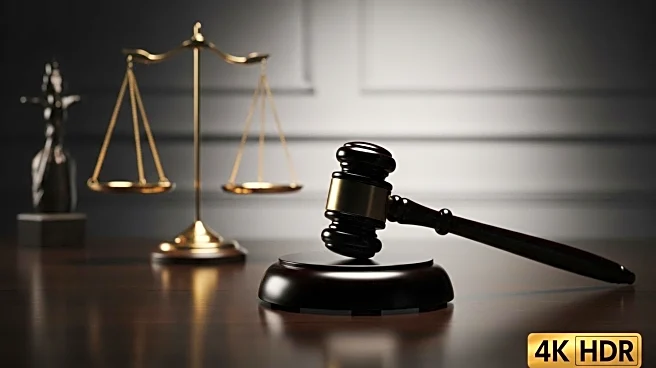What's Happening?
Former FBI Director James Comey is under scrutiny for potentially facing perjury charges related to alleged false statements made during a congressional testimony in 2020. Reports indicate that federal prosecutors are deliberating on whether to proceed with charges as the legal deadline approaches. The allegations stem from Comey's testimony regarding Russian interference in the 2016 presidential election. Although sufficient evidence has not been found to charge Comey, the U.S. Attorney in Virginia plans to present the case to a grand jury. Comey, appointed by former President Barack Obama and later fired by President Trump, has maintained his innocence, asserting that he has been truthful under oath.
Why It's Important?
The potential indictment of James Comey could have significant implications for U.S. politics and the legal system. As a former FBI Director, Comey's actions and statements are closely scrutinized, and any legal proceedings against him could impact public trust in federal institutions. The case also highlights ongoing tensions between Comey and President Trump, who has been critical of Comey since his firing. If charges are brought forward, it could further polarize political discourse and influence perceptions of justice and accountability within the government.
What's Next?
Prosecutors have a limited timeframe to file charges, typically within five years of the alleged offense. The decision to indict Comey will likely involve further legal evaluations and could prompt reactions from political leaders and the public. The outcome of this case may set precedents for how similar allegations are handled in the future, particularly concerning high-profile figures and their congressional testimonies.











